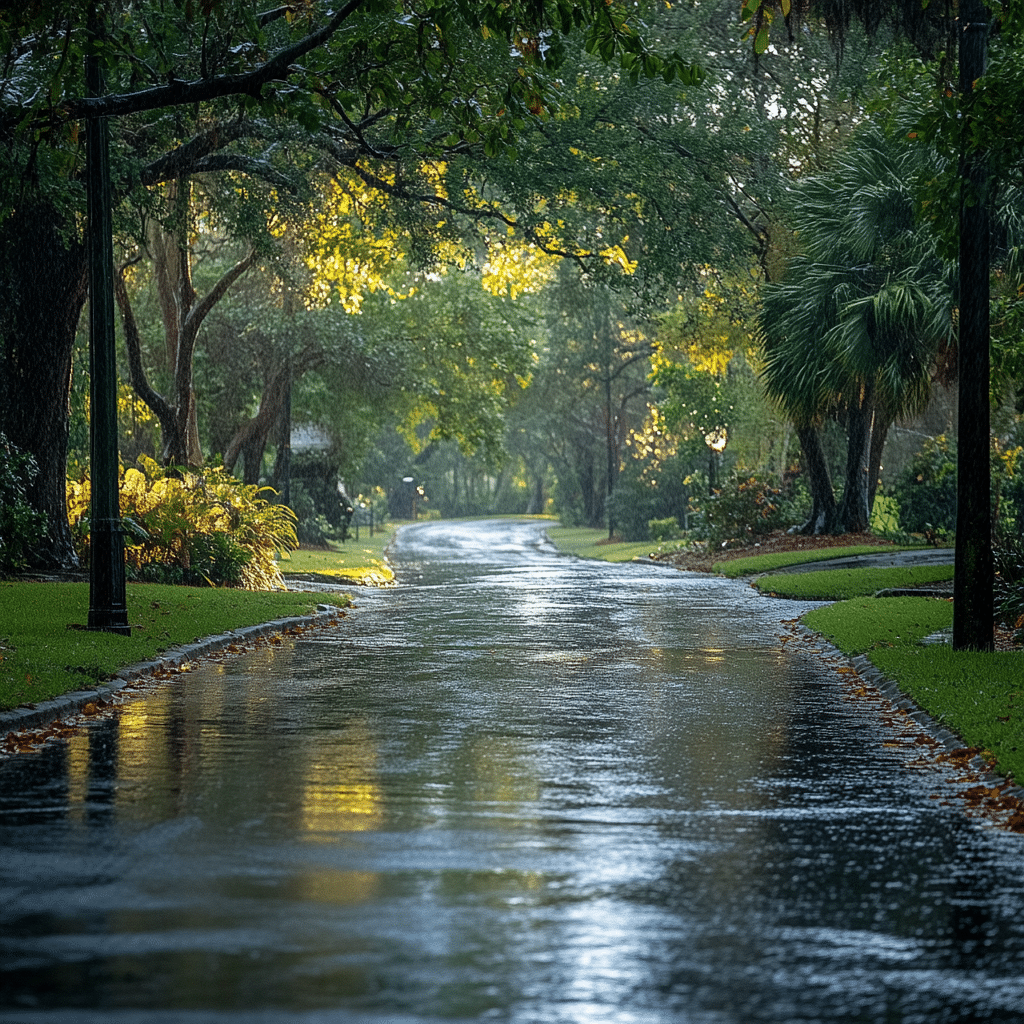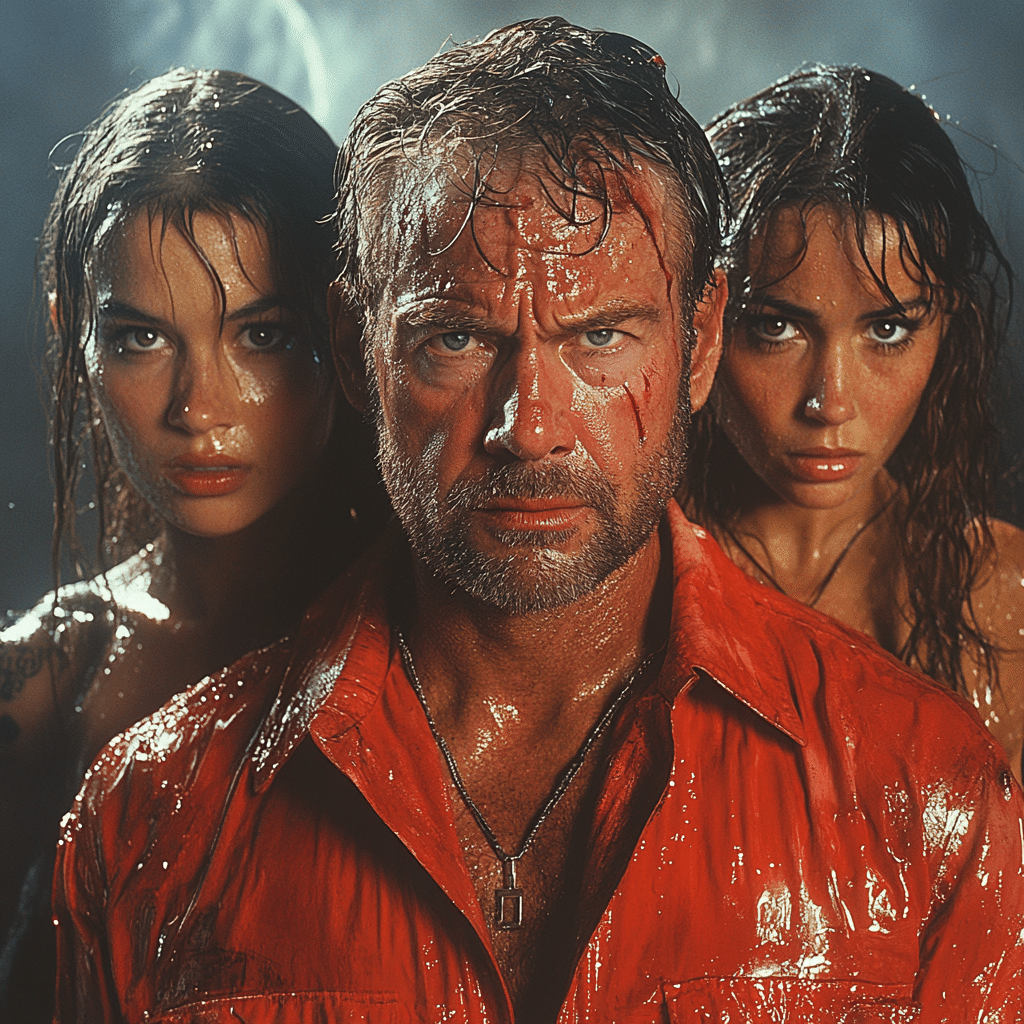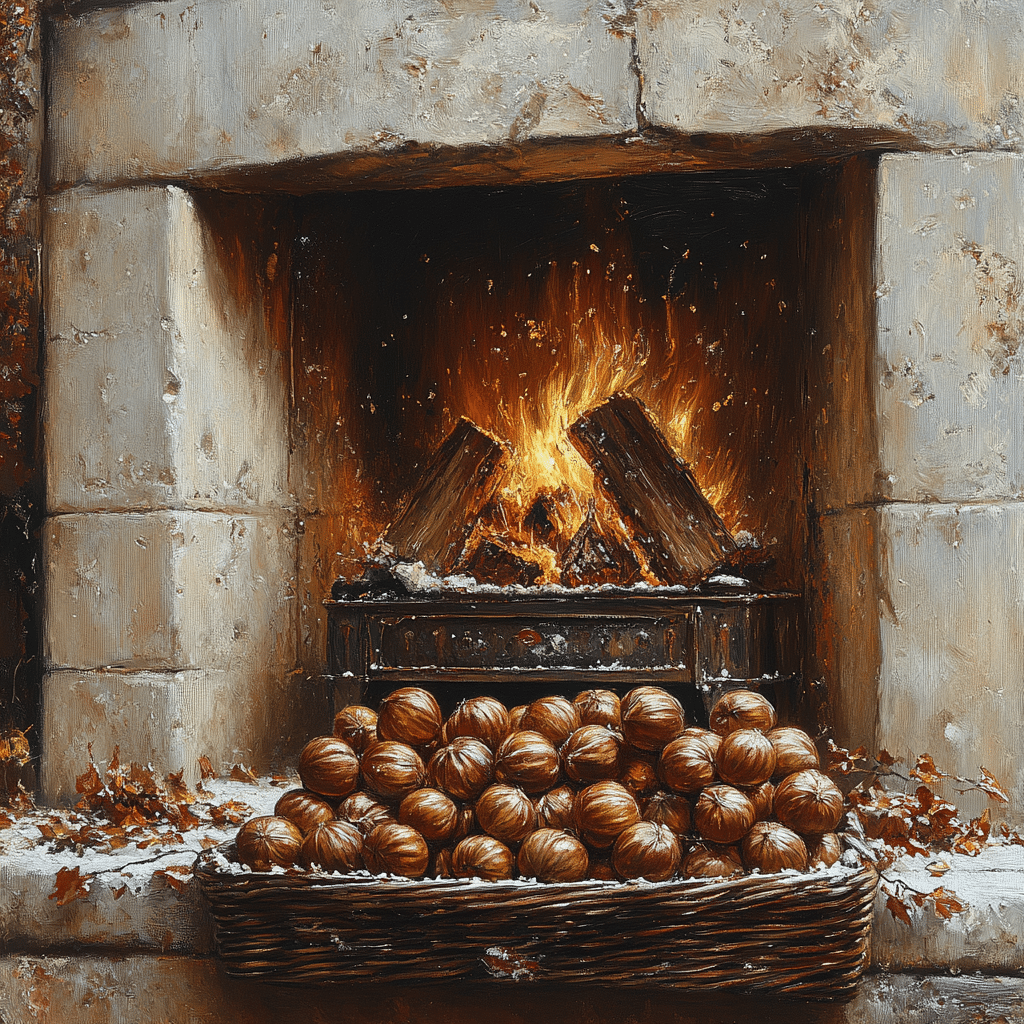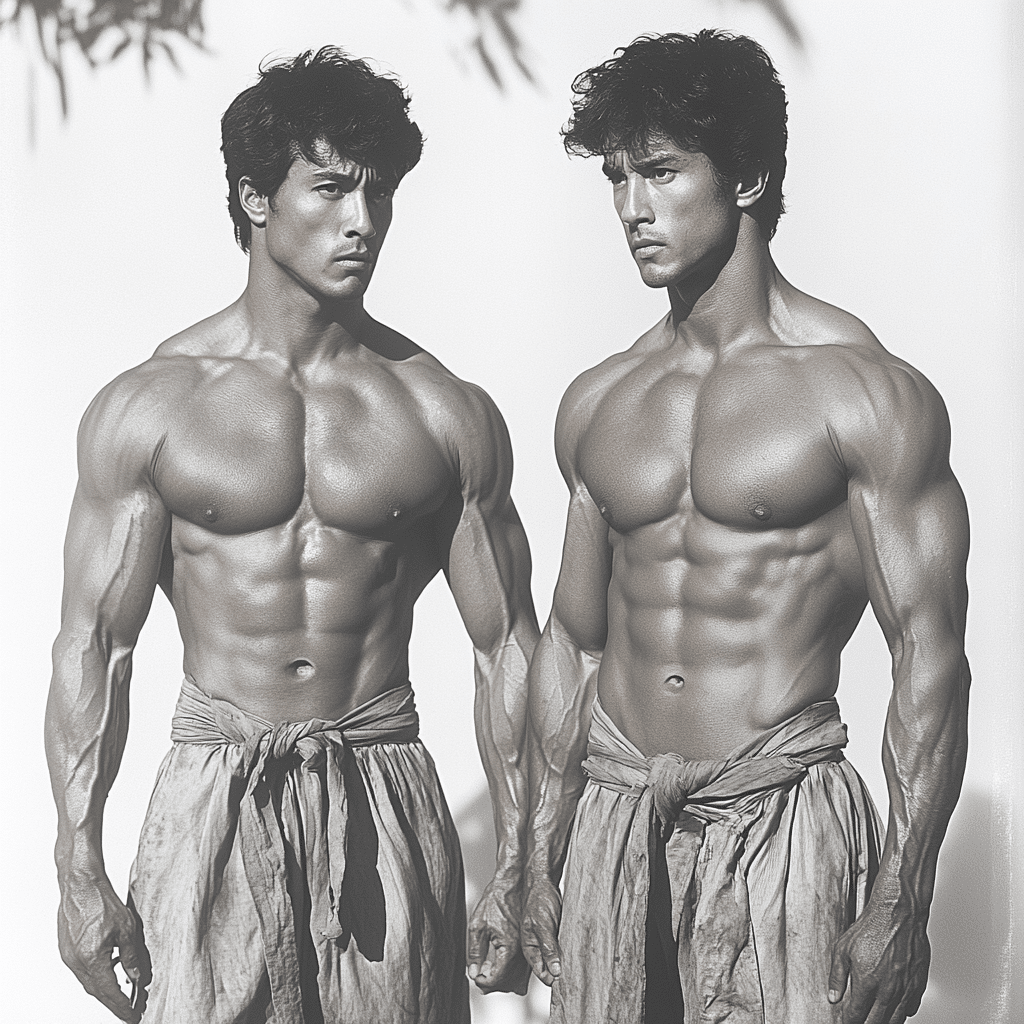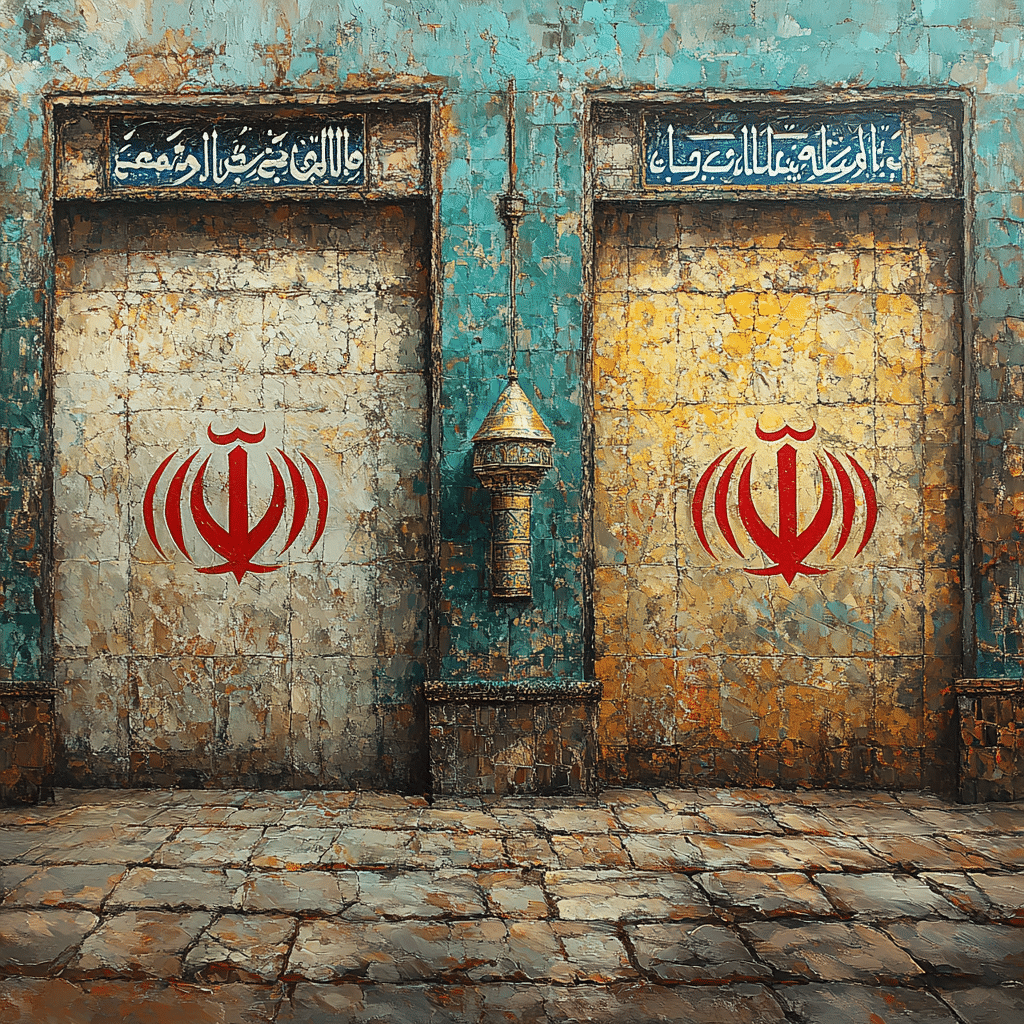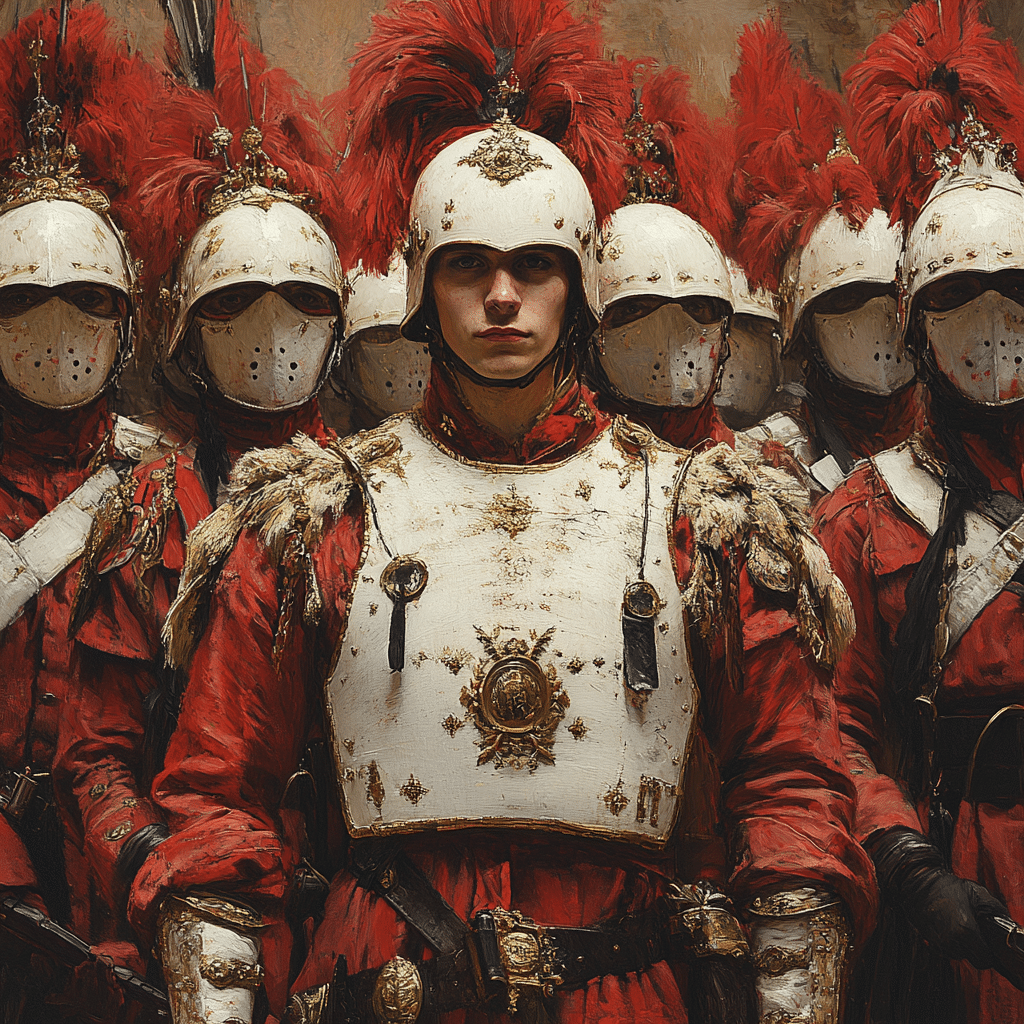The Allure of Historical Fiction Books
There’s something magical about historical fiction books that just grabs hold of the reader’s imagination. These captivating stories take us back, offering windows into the lives of people from different times, helping us grasp the essence of human experience against the backdrop of crucial events. Readers can lose themselves in the detailed settings, whether it’s the bustling streets of a medieval town or the quiet resilience found in war-torn countries.
What sets historical fiction apart is the blend of storytelling and factual details. Authors do their homework, researching not just the dates but the nuances of life in those times. This enables them to create characters who feel real, breathing the same air as their readers while navigating the challenges of their eras. Plus, who wouldn’t want to understand complex historical themes while enjoying a good read? It’s like folding a history lesson into a thrilling adventure.
From the chaos of war to the comfort of home, historical fiction books dive into the social dynamics, identity struggles, and the very fabric of society. This genre becomes a bridge connecting us to the past, encouraging us to reflect on both historical and contemporary issues. So, if you’re in the mood for a literary journey, look no further than these compelling tales.
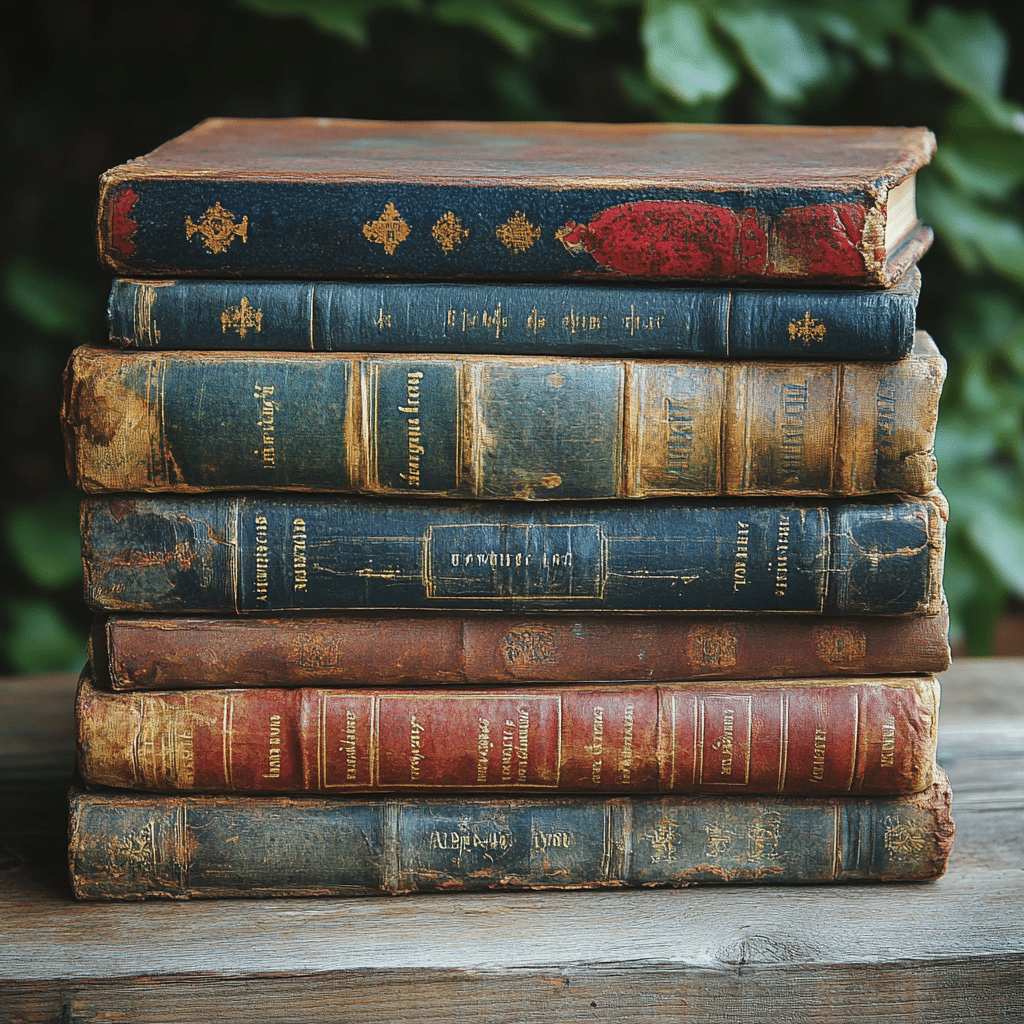
Top 7 Historical Fiction Books That Transport You Through Time
Set in Nazi-occupied France during World War II, “The Nightingale” follows two sisters, Vianne and Isabelle, facing life’s challenges in dramatically different ways. Hannah’s extensive research immerses readers in the world of the French Resistance, making it a gripping tale of women’s strength and resilience. The struggle these sisters undergo highlights how ordinary lives can be transformed when confronted with extraordinary circumstances.
What if a book could save your life? In “The Book Thief,” narrated by Death, readers meet Liesel Meminger in Nazi Germany—a girl who finds solace in stealing books. The perspective is fresh, making it resonate powerfully with both young adult readers and adults. This emotional story explores themes of suffering, hope, and love amidst the bleak backdrop of war.
If you’ve ever longed for a modern twist on ancient myths, “Circe” is your answer. Miller tells the story of the infamous witch from Homer’s “Odyssey.” Set in ancient Greece, it engages with themes of identity, freedom, and the constraints placed upon women. Blending historical fiction with fantasy, it appeals to a broad readership seeking a deep, layered understanding of both mythology and women’s history.
With “The Alice Network,” readers get two stories in one—a female spy from World War I and an American woman in post-World War II searching for her missing cousin. Quinn offers a powerful narrative that highlights the courage of women during times of conflict when they were usually overlooked. The book brilliantly intertwines espionage with personal stakes, making it not just a thrilling read but also a significant historical commentary.
In this contemporary historical fiction, Reid takes you through the glamorous yet challenging life of Hollywood actress Evelyn Hugo. The narrative explores identity and the cost of fame during the Golden Age of Hollywood, with Evelyn’s complex relationships at its core. This story engages young adults craving insights into the past, revealing how glamour and hardship often coexist.
Step into post-Revolutionary Russia with Count Alexander Rostov, who is sentenced to house arrest in a luxurious hotel. Towles vividly narrates the transformations happening outside, contrasting the lavish lifestyle within the hotel’s walls with the chaos of changing times. It serves as a poignant reminder of resilience and dignity in the face of societal turmoil.
Spanning three centuries and tracing the lives of two half-sisters and their descendants, Gyasi’s “Homegoing” delves into the lasting impact of slavery. The non-linear narrative invites readers to understand the traumatic legacy left behind while celebrating the strength of those affected. It serves as an essential read for anyone interested in the intertwined histories of Ghana and the United States, making it significant for both young and adult readers alike.
Embracing the Power of Historical Narratives
The beauty of historical fiction books lies in their ability to connect readers with the past, making history relatable and engaging. These novels not only provide riveting tales but also provoke thoughts about identity, trauma, and resilience that resonate through time. The lessons learned from these stories help us reflect on our own lives and modern societal issues.
Moreover, these stories often highlight some of the toughest challenges faced by humanity, allowing readers to draw parallels to today’s world. Whether through gripping wartime struggles or mythical retellings, historical fiction books create an engaging tapestry that helps us understand our place in the continuum of time. Reading these works is not only about escapism; it’s about knowing where we’ve come from and how far we can go.
So, if you’re on the lookout for not just entertainment but also insight, dive into this genre. Each story acts as a compass, guiding you through the past and enriching your understanding of the complexities surrounding human experiences. With historical fiction, you’re not just turning pages; you’re unlocking a world of resonant truths about life, struggle, and hope throughout the ages.
Let these historical fiction books take you on your next adventure, broadening your horizons and sparking your curiosity about the world we live in!
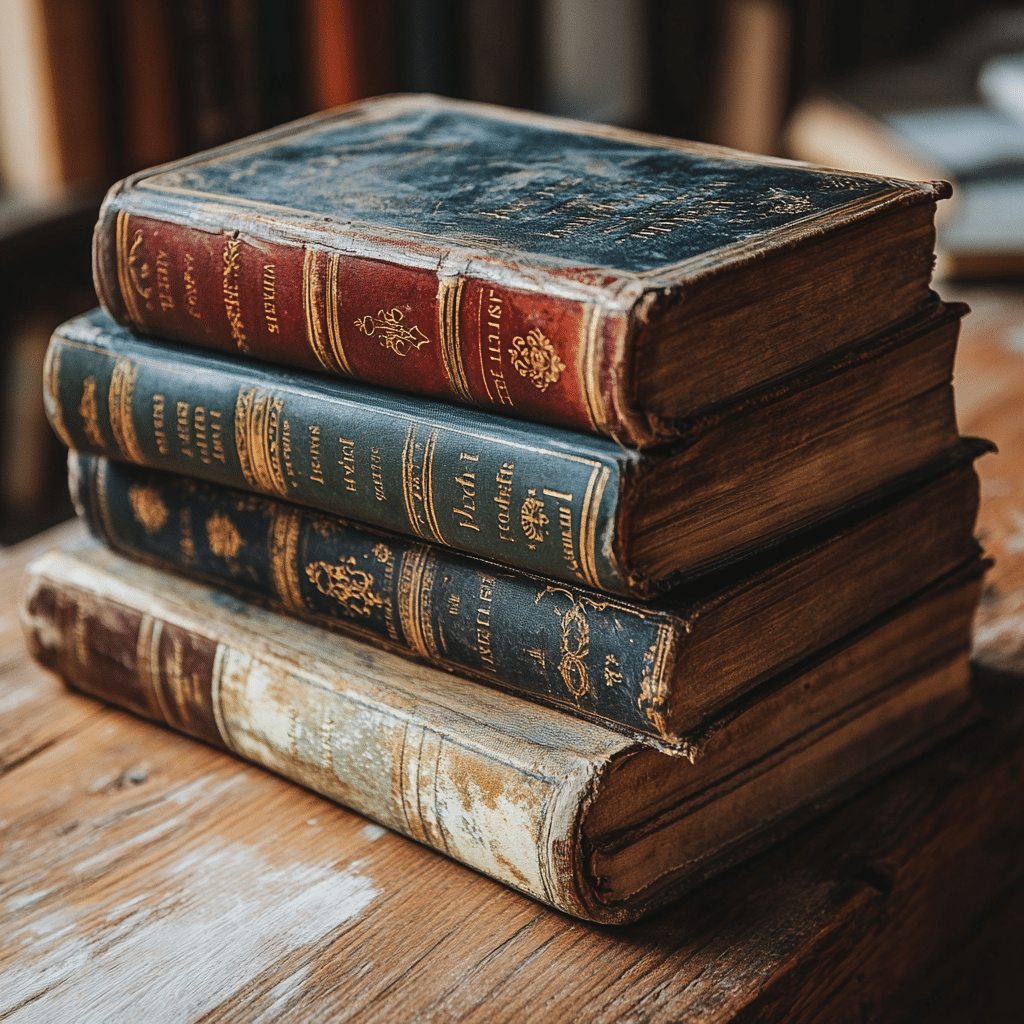
Historical Fiction Books That Transport You Through Time
The Allure of Historical Fiction
Historical fiction books are like time machines for the mind. They whisk us away to different eras, allowing us to experience life through the eyes of characters who walked the earth long before our time. Did you know that some of the most beloved stories are inspired by real events? Take a good look, and you might even stumble upon a reference to something like the real Milf phenomenon in modern culture, echoing through history in unexpected ways. This connection isn’t just entertaining; it’s fascinating to see how the threads of personal narratives weave into the larger tapestry of history.
Surprising Origins of Your Favorite Novels
Many historical fiction books are rooted in well-documented events, though some authors take creative liberties. For instance, did you know that some great novels hint at pivotal moments in our sports history? You might find a nod to iconic venues like the White Sox stadium, which has been a home for unforgettable baseball moments, influencing stories set in their historical context. Just as Bosch Sleepbuds are designed to provide an escape from the noise of modern life, these books cultivate an immersive experience that transports you far from the present.
Timeless Themes and Modern Connections
The themes explored in historical fiction often reflect ongoing human experiences. Characters face dilemmas that resonate just as strongly today as they did in the past. For example, how our need for individuality and identity can feel universal, much like how a stylish passport cover holds a world of stories all its own. When readers dive into these gripping narratives, they often end up pondering questions similar to those posed about life choices, like How soon can You refinance a home mortgage? The interplay between the past and present is part of what keeps historical fiction books so relevant and engaging.
In the end, whether it’s the thrill of a well-crafted plot or the nostalgia of days gone by, historical fiction books work hard to connect us with our roots while inspiring us to dream ahead. With new stories and discoveries popping up all the time, like those seen in popular culture—imagine seeing a Mario movie poster alongside classic literature—it’s clear that the love for historical tales continues to flourish. So, why not dive into these narratives and let them paint vivid pictures of the past, enriching our understanding of both history and our place within it?
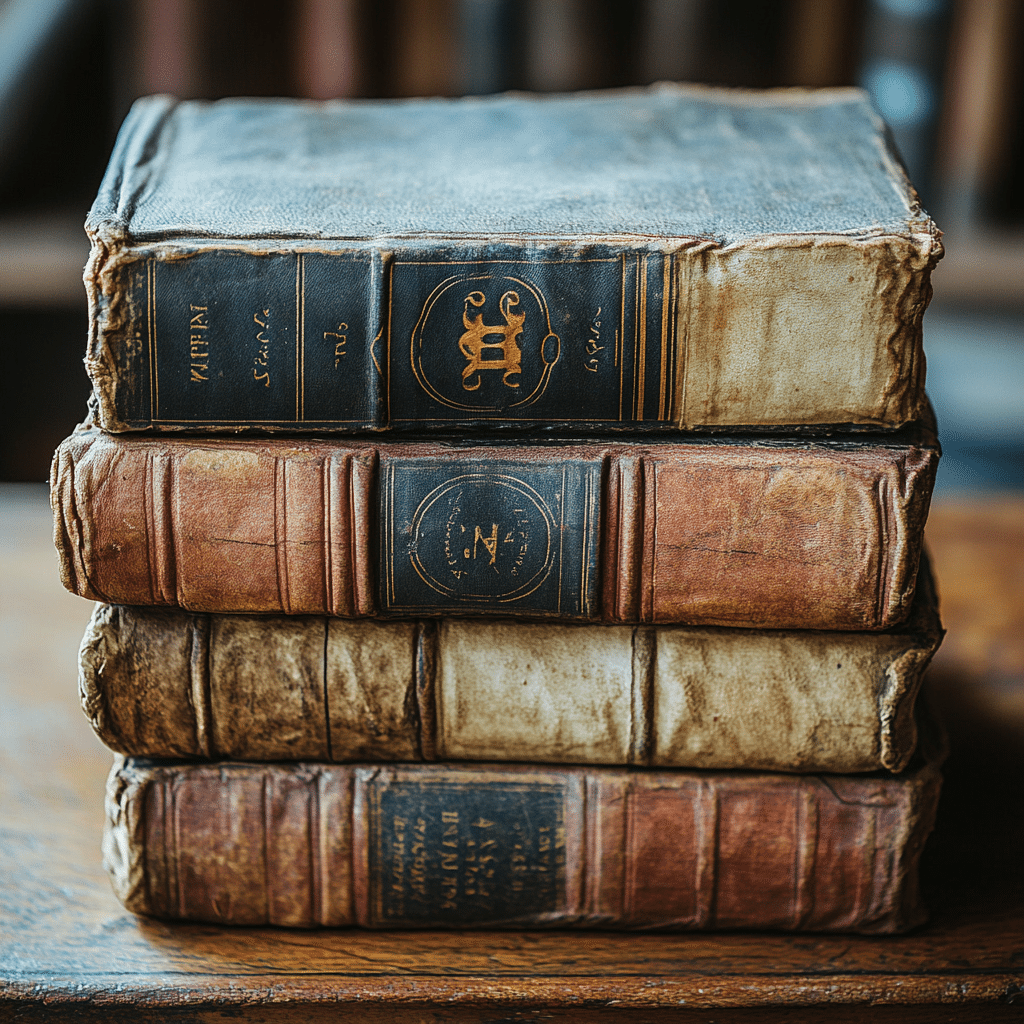
What is the best historical fiction book of all time?
There’s no one-size-fits-all answer for the best historical fiction book of all time, as it really depends on personal taste, but classics like “Gone with the Wind” and “War and Peace” are often mentioned.
What is considered a historical fiction book?
A historical fiction book is any story set in the past, typically depicting events, people, or places that are more than 50 years ago. It can cover any time period, from ancient civilizations to recent decades.
Is The Titanic a historical fiction?
The Titanic was not a work of historical fiction; it’s a real ship that sank in the Atlantic Ocean on April 15, 1912, which makes it a significant historical event.
What identifies historical fiction?
Historical fiction is identified by its setting in a specific time in history, well-researched context, and characters that may be inspired by real historical figures, often blending fact and imagination.
What is the #1 most read book?
The most read book isn’t easy to pin down, but many say the Bible holds the title, with billions of copies sold and distributed over the centuries.
Is Of Mice and Men historical fiction?
Of Mice and Men isn’t typically considered historical fiction; it’s more of a social commentary set during the Great Depression, though it reflects historical events.
How to tell if a book is historical fiction?
You can tell if a book is historical fiction by checking its setting; if it takes place at least 50 years in the past and incorporates historical events or figures, it likely fits the bill.
Who reads historical fiction?
Historical fiction really draws in a wide range of readers, including history buffs, casual readers, and anyone who enjoys a good story with rich backgrounds.
What is the difference between historical books and historical fiction?
The key difference is that historical books are usually non-fiction accounts or analyses of past events, while historical fiction uses those facts to weave a story, blending fact with imaginative elements.
What is the most historically accurate Titanic movie?
The most historically accurate Titanic movie is generally considered to be “A Night to Remember,” which was made in the 1950s and focuses closely on the event’s historical facts.
What novel was written before the Titanic?
“Futility,” written by Morgan Robertson in 1898, is a novel that eerily predicts the sinking of the Titanic, coming out well before the actual event took place.
What was real and fake in Titanic?
In the movie “Titanic,” Jack and Rose are fictional characters, but many elements like the ship’s design, the sinking, and real passengers are based on historical facts.
What are the 7 elements of historical fiction?
The seven elements of historical fiction usually include a well-researched historical backdrop, a believable plot, authentic characters, vivid settings, a thematic concern, a historical event, and the author’s voice that reflects the time period.
What falls under historical fiction?
Historical fiction encompasses a wide range of works, including novels set during major wars, pivotal events, or significant movements, often blending real people and events with fictional narratives.
Is Jane Austen historical fiction?
Jane Austen is often considered part of the historical fiction genre, as her novels reflect her time in early 19th-century England, though they often focus on social issues rather than grand historical events.
What is the most read book in all of history?
The most read book in history is usually accepted to be the Bible, which has been translated into many languages and distributed widely.
What is the most read fiction book ever?
When it comes to fiction, “A Tale of Two Cities” by Charles Dickens often ranks among the most read books, with its themes of love and sacrifice resonating through time.
What is the number one book in history?
Choosing a “number one” book in history can be subjective, but titles like the Bible and “Quotations from Chairman Mao Tse-tung” are frequently highlighted for their widespread influence.
What is the best fantasy book of all time?
For the best fantasy book, opinions vary widely, but classic favorites like “The Lord of the Rings” series by J.R.R. Tolkien are often at the top of the list for their world-building and enduring appeal.

